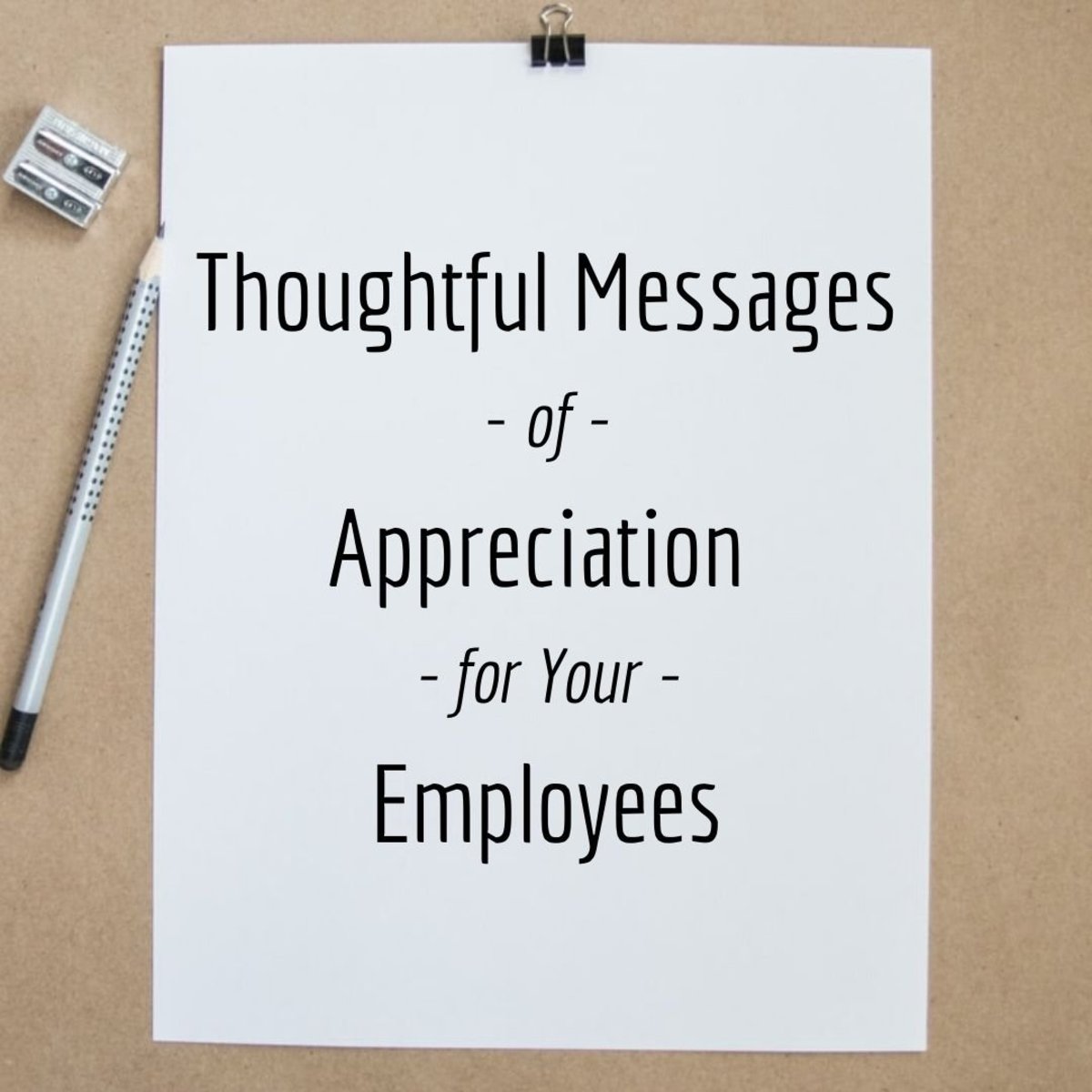What Is Resume Fraud and What Impact Can It Create?
Resume fraud is the deceptive or fraudulent activity by an existing or prospective employees towards his or her employer. There are different types of job fraud, which existing or potential employees may engage in. However, while some of them may be considered illegal under specific laws, there are those which may not be against the law but may be used by an employer against the applicant or employee. The subsequent part will analyze cases against resume fraud in various newspapers and journal.
One Case of resume fraud may be derived from Martona Mathew, a former trader. Martona, who was a former employee in SAC Capital Advisers was charged in the beginning of 2014 for security, fraud, and conspiracy charges and convicted of the same. Prior to this scandal, Martiona court transcripts had also revealed that Martiona was an expellee of Harvard law school because the transcript he has submitted for clerkship had been forged.
Mr Martiona may have had his own reasons of submitting a forged transcript in order to secure a job at this prestigious institution. For one, he might have seen this as the only way he could have succeeded in this endeavor as the institution could not have allowed him minus this. In addition, Martion could have been jealous or envious of people who were working at this institution even though some of them did not have such credentials.
However, the university could also have its own basis by which it has to expel such people from rendering their services. Those who did not find problems exaggerating their skills or academic level had also higher chances of committing other immoral acts in the context they are in.
On whether employers can use employees discovered fraudulence against employees litigation claims is best answered by the Supreme court in New Jersey on Morris v Cicchevvi decision on may 2008. In this case, the supreme court held that in spite of the employees failure in revealing an expunged criminal conviction of his employment, he was still allowed to pursue charges against his employer for hostility and discrimination in the workplace. In Cicchevvi v Morris, the plaintiff had filed a case against his employer with a claim that his employer, who was the sheriff’s office, had subjected him to hostile and discriminatory work environment. During the course of litigation, the employer discovered that the employer had not revealed on his employment application, a twenty year expunged conviction despite being questioned on prior conviction and arrests. Interestingly, the court ruled that such revelations on applicants resumes, or application levers may not be used by employers as defense to employees claim.
In coming up with such a decision, the court must have based their decisions on an understanding of the job market as being increasingly compevivive. In this perspective, job seekers may be willing to go at any length just to find a job. Moreover, it was the mandate of the employer to verify all details they require from potential employees before placing them in their companies. The fact that the employee was able to pass all steps during the recruitment process without being discovered may from another perspective be faulty of the employer. Therefore, he or she was the one to blame for any problem caused by such negligence.
Morien (2014) further supports this assumption of employers not doing an effective background check on employees. Morien articulates this in aspect as being caused by the cost involved in the entire process or employee recruitment. In addition, Morion used a case of Canadian businesses, which lose over five per cent of their revenue because of occupational fraud as well as hiring wrong employees each year. A study conducted by the author established that the median fraud loss for small companies was $150000 and $452500 for large companies. These figures leaves out the intangible damage of this vice to the company reputation, brand image, low productive, and lost businesses.
These cases help to reveal the necessity of placing the right people in meeting company needs as well as ensuring the security and success of the company. It also shows the necessity of companies to undertake an efficient pre-employment of screening of applicants. This will offer critical information that will enable entities to make decisions that are informed concerning hiring decisions. According to Morien, placing wrong people could cost an entity, an excess of $25000 in regard to employee training, unnecessary advertising, benefits and compensations, as well as ascertaining whether a potential applicant had involved himself or herself in criminal activities while in particular companies.








